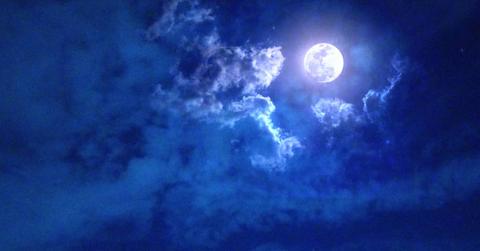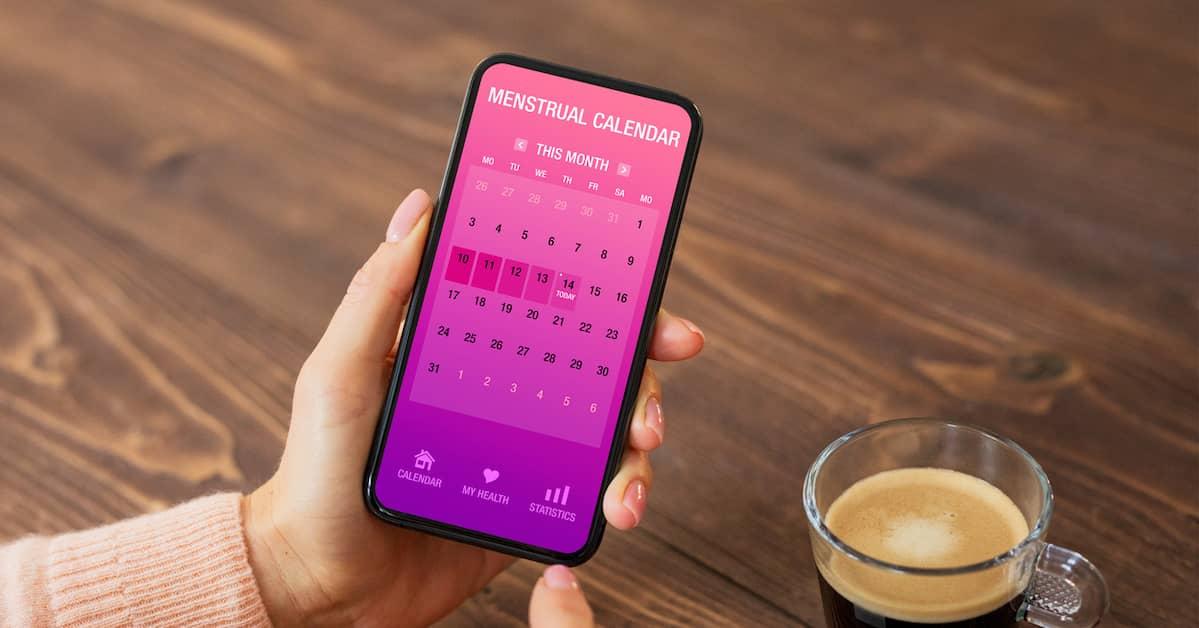Is There a Link Between Menstruation and Lunar Cycles? What You Should Know
Published Jan. 24 2024, 11:45 a.m. ET

For many, the arrival of a menstrual cycle (especially when it catches you off guard) is often nothing more than an annoyance that has to be dealt with. But what if you get your period on a full moon: does this hold spiritual meaning or is it purely coincidence?
We look at the spiritual aspect of menstruating on the full moon and what it might mean. We also unpack a more important issue that has nothing to do with lunar cycles.

Some believe that a menstrual period during a full moon can have a spiritual meaning.
Let’s face it: menstruating is anything but a cakewalk. However, as Refinery29 reminds us, in some communities, it’s still seen as something sacred, Even more so, they add, when it occurs during a full moon.
While a yearlong study published in PubMed claims there is no “synchrony of lunar phases with the menstrual cycle,” there’s no harm in taking note of the moon’s phase when your period arrives.
As Jennifer McVey, a Spiritualist, Seer, and the Spiritual Director of Spiritual Answers and Solutions, says, it can be a fun and interesting exercise to ponder the deeper meaning should the two coincide.
She suggests to start by tracking your period to see which moon it aligns with (full, waxing, waning), as each carries its own meaning and significance.
For example, if your monthly cycle arrives in conjunction with the red moon (full moon), McVey says it’s a time for being creative and focusing on self-improvement. If it aligns with the white or new moon, she says it can be a reminder to go inward and take care of your mental health.

Others believe connecting menstrual periods to moon cycles isn’t helpful.
Pragya Agarwal, a behavioral scientist, was surprised to learn that some people still believe that menstrual cycles and moon cycles are connected. In her article on Welcome Collection, she explains why it's important to educate everyone about periods in an inclusive and factual way.
Agarwal highlights the fact that accurate information about periods can be difficult to find, and there are still many misconceptions surrounding menstruation. Although things have improved, some traditions still exclude people with periods from religious ceremonies and practices.

Of even greater concern, however, is the lack of adequate period products in certain parts of the world. In India, for example, a study published by the National Library of Medicine reported that there are 355 million menstruating people, and of those, millions do not have access to sanitary pads.
Unfortunately, periods are still stigmatized globally, and Agarwal says it remains challenging to have open and honest conversations about menstruation that include everyone.
It's time to challenge the outdated beliefs and misconceptions surrounding menstruation. By advocating for inclusive education and access to menstrual products, we can empower individuals and promote equality.